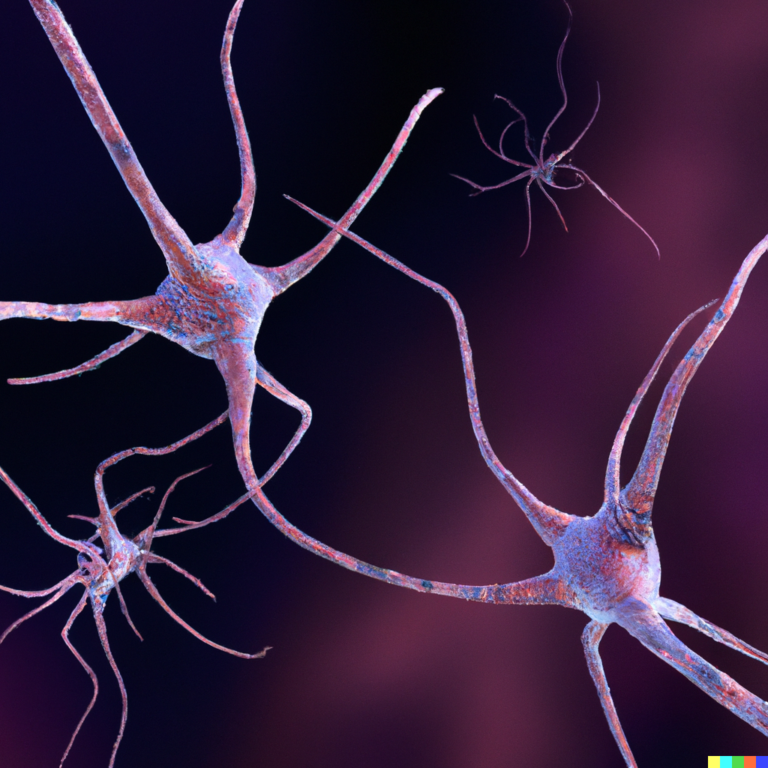Dementia patients are not generally considered to be more sensitive to the radiation from CT scans compared to the general population, but there are important nuances to understand about radiation exposure, brain vulnerability, and the context of dementia.
CT (computed tomography) scans use ionizing radiation to create detailed images of the brain. The amount of radiation in a typical brain CT scan is low and carefully controlled to minimize risk. It is higher than a standard X-ray but still considered safe for most adults, including those with dementia. The radiation dose from a single brain CT scan is roughly equivalent to a few months of natural background radiation exposure. While repeated scans can slightly increase lifetime cancer risk, this risk is generally small and must be balanced against the clinical benefits of accurate diagnosis and management[3].
Dementia, including Alzheimer’s disease and other neurodegenerative conditions, involves progressive brain changes such as neuronal loss, amyloid plaques, and white matter alterations. These pathological changes do not inherently make brain tissue more vulnerable to the direct harmful effects of radiation at the doses used in diagnostic CT scans. However, the brain’s overall health and repair capacity might be compromised in dementia, which could theoretically affect how it responds to any injury, including radiation-induced damage.
Radiation therapy studies in brain tumors and other CNS conditions show that higher doses of radiation can lead to cognitive decline, particularly when critical brain structures like the hippocampus or corpus callosum receive significant exposure. These effects are dose-dependent and occur at much higher radiation levels than those used in diagnostic CT scans. For example, radiation therapy doses are measured in grays (Gy), which are orders of magnitude higher than the millisieverts (mSv) from CT scans. Cognitive decline after radiotherapy is linked to damage in brain regions responsible for memory, attention, and language, but this is not directly comparable to the low-dose exposure from CT imaging[2].
In dementia patients, the clinical decision to perform a CT scan usually weighs the need to rule out other causes of cognitive decline (like stroke, hemorrhage, or tumor) against the minimal radiation risk. Since dementia patients often require brain imaging for diagnosis or monitoring, the benefits of CT scans generally outweigh the small potential risks. Newer CT technology and protocols aim to reduce radiation dose further, making scans safer for all patients, including those with cognitive impairment[3].
There is some emerging research exploring the effects of radiation on Alzheimer’s disease pathology. Interestingly, some experimental studies have suggested that certain types of radiation therapy might have beneficial effects on Alzheimer’s disease progression, possibly by modulating inflammation or amyloid deposition. These findings are preliminary and involve radiation doses and modalities very different from diagnostic CT scans[6].
In summary, dementia patients are not known to be more sensitive to the radiation from CT scans in a way that would contraindicate their use. The low radiation dose from a brain CT scan is unlikely to cause additional harm specifically due to dementia-related brain changes. However, clinicians remain cautious about unnecessary imaging to avoid any avoidable radiation exposure, especially repeated scans. The priority is always to balance diagnostic benefit with minimal risk, using the lowest effective radiation dose and considering alternative imaging methods like MRI when appropriate.
Thus, while dementia affects brain structure and function, it does not appear to increase sensitivity to the radiation dose delivered by routine CT scans. The main concern remains the cumulative radiation exposure from multiple scans over time, which is a general consideration for all patients rather than a dementia-specific issue.





